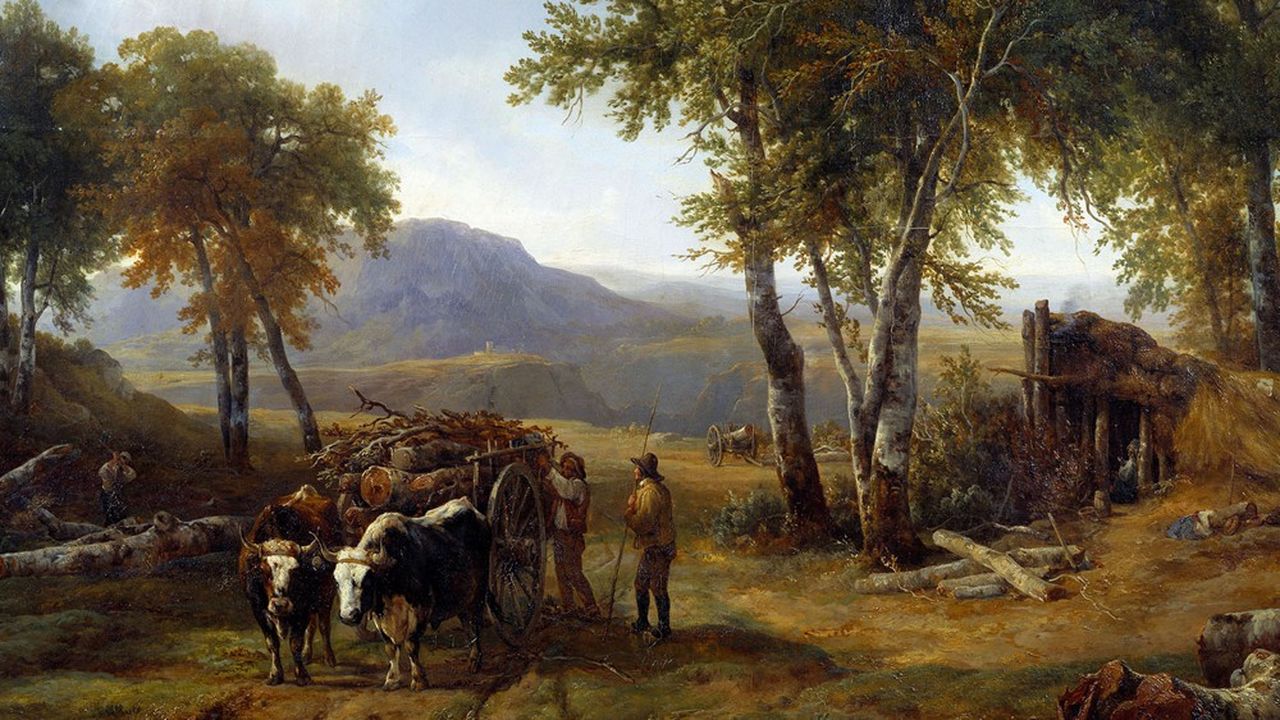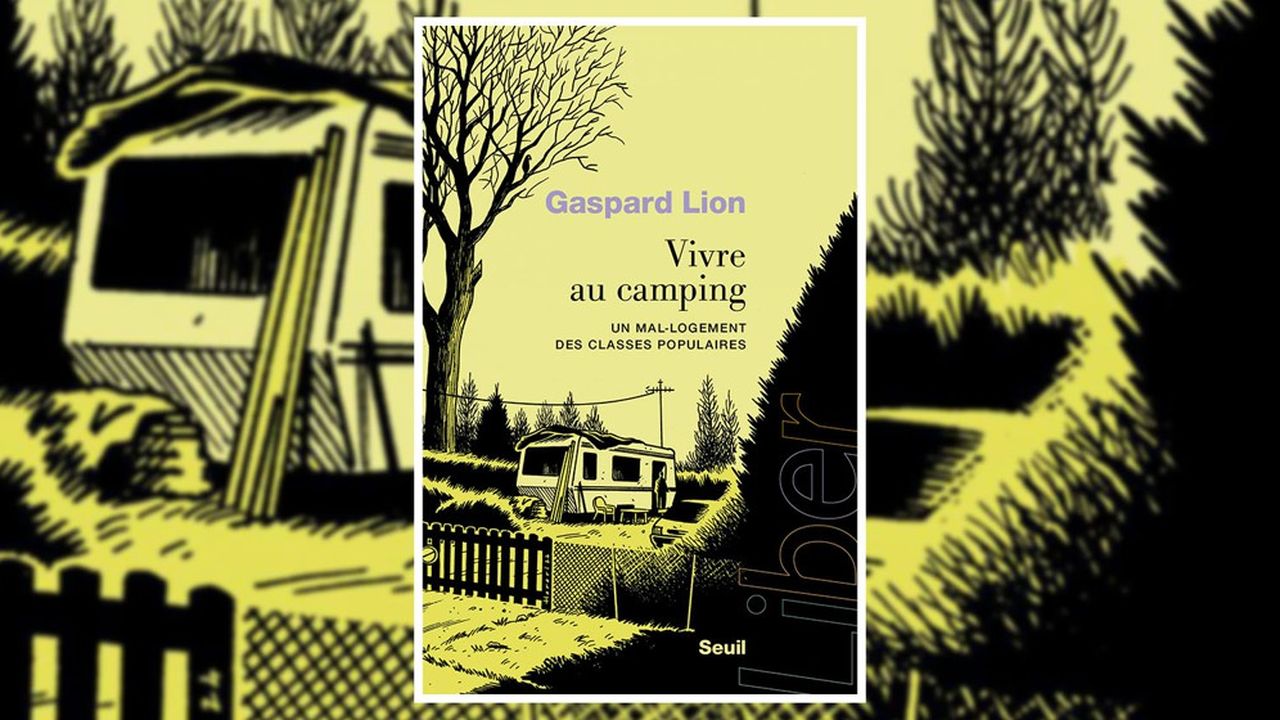
This is a cliché: our ancestors the Gauls loved the forests; they hunted wild boar there while the druids conspired against the Romans. The Latin poet Lucan attributes to Julius Caesar himself the merit of having convinced these superstitious barbarians to cut down their sacred trees. Chateaubriand, nourished by the writings of Caesar and the hagiographies of the first Christian centuries, paints an evocative picture of Gaul in the 3rd and 4th centuries: “What is admired everywhere in Gaul, what makes the principal character of this country, are the forests. Here and there in their vast enclosure we see a few abandoned Roman camps. There we find buried under the grass the skeletons of the horse and the rider. The seeds that the soldiers once sowed there for their food form a kind of foreign and civilized colonies, in the midst of the native and wild plants of Gaul.”
Gaul, in short, would have been a wild country, in the first sense of the term (from the Latin silvaticus, which relates to the forest). In reality, the Gauls, dispersed throughout the territory, had cleared vast areas to meet their needs. Aerial archaeology reveals the foundations of many dwellings where forests now extend, as in Perche, completely deforested in Roman times. Studies of local pollen even suggest that Celtic Gaul was probably less wooded than contemporary France.










